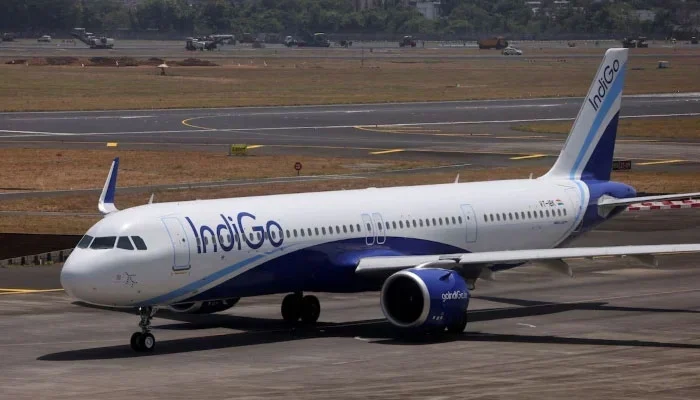
ISLAMABAD (RNN TV) — Pakistan has extended its airspace closure to all aircraft associated with India until 4:59 am local time on June 24, citing ongoing regional tensions. The ban affects all aircraft registered, operated, owned, or leased by India, including military planes, according to a statement issued by the Pakistan Airports Authority on Friday.
The decision follows a reciprocal move by India, which has also extended its own airspace closure for Pakistani aircraft until June 23.
These measures stem from heightened hostilities between the two nuclear-armed nations following the deadly April attack in Pahalgam, Indian Illegally Occupied Jammu and Kashmir (IIOJK), which claimed the lives of 26 tourists. India initially closed its airspace to Pakistani flights on April 23, prompting a tit-for-tat response from Pakistan.
Tensions escalated in early May when India launched unprovoked strikes on several Pakistani cities. Pakistan responded with a wide-scale military operation, “Operation Bunyan-um-Marsoos,” targeting Indian military installations on May 10. The situation prompted global intervention, resulting in a ceasefire that remains in place.
Heavy Losses for Indian Aviation Sector
The extended airspace restrictions have dealt a severe financial blow to India’s aviation industry, with losses exceeding Rs8 billion over the past month. This includes an estimated Rs5 billion in extra fuel costs and Rs3 billion in expenses related to enforced stopovers.
Indian carriers, including Air India, IndiGo, SpiceJet, Akasa Air, and Air India Express, have been significantly affected. Flights are now forced to take longer western routes over the Arabian Sea, adding two to four hours of flight time on journeys to North America, Europe, and the Middle East.
Aircraft such as the Boeing 777 and Airbus A320 family are burning far more fuel due to the rerouting. At current fuel prices, Indian airlines are spending nearly $557,625 (approximately Rs1.5 billion) daily on additional fuel alone.
Operational costs have also surged due to crew duty limitations, which require mid-route crew changes, leading to higher landing fees, refuelling costs, and airport service charges. These stopover-related expenses have reportedly reached between Rs2.5 and Rs3 billion in the past month.
Air India is said to be the hardest hit and has appealed to the Indian government for financial relief. Other airlines are also feeling the strain and may have to implement drastic measures to remain operational if the airspace restrictions persist and no government aid is provided.
Minimal Impact on Pakistani Aviation
In contrast, Pakistan’s aviation industry has seen limited disruption. With only one eastbound flight rerouted via China and relatively fewer long-haul operations in the Far East, the overall impact has been minor.
This is not the first instance of airspace restrictions between the two nations. Similar closures occurred during the 1999 Kargil conflict and the 2019 Pulwama incident, with India facing heavier disruptions each time.
Source: Web Desk
Indian News channel hacked, pro-Pakistan content broadcast briefly
(Web Desk) — Indian television channel ABP News was temporarily disrupted after hack…










